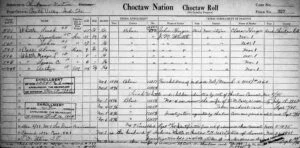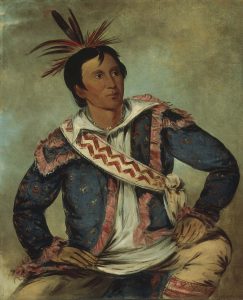Z. T. Bottoms, Choctaw
Z. T. Bottoms and his relatives sought recognition as Choctaw citizens based on descent from Billy Bottoms (alias Nockatubbee) and Ann Meshulahtubbee. Despite supporting affidavits and evidence of residency in the Choctaw and Chickasaw Nations, their petition was initially denied in 1896. A U.S. court later ruled in favor of several descendants, but the Choctaw-Chickasaw Citizenship Court overturned this decision in 1902. Witness testimonies confirmed their Choctaw ancestry, but inconsistencies in the court’s evaluation led to a final rejection.


